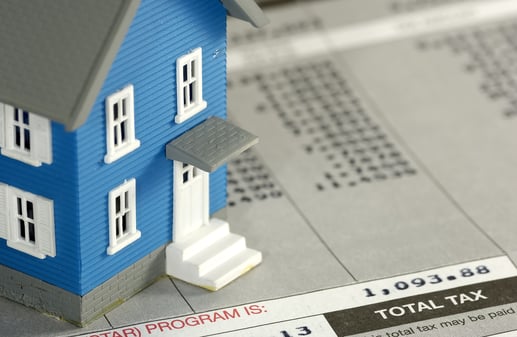According to the laws of the State of Georgia, the DeKalb County Tax Assessor has the responsibility of ensuring that all real estate and tangible personal property are appraised annually at their fair market values. You, the taxpayer, have the right and responsibility of ensuring that your taxable real estate and tangible personal property have been assessed in a fair manner based on four grounds, namely, taxability, uniformity, value, and applicable exemptions.

CAMA System in Place
The DeKalb Property Appraisal Department, which is under the jurisdiction of the DeKalb County Tax Assessor, uses the latest version of the computer-assisted mass appraisal (CAMA) system in storing data and calculating the property values of real estate and tangible personal property for assessment purposes. As designed, it is capable of effective and efficient processing of market, cost and income data related to the subject property as well as in producing appraised values from one or all three approaches.
CAMA systems are used in most, if not all, counties in the State of Georgia because these enable the implementation of a standardized system of property valuation. CAMA systems allow for consistent valuation of properties. Keep in mind that uniformity is one of the grounds for filing a property assessment appeal, and the CAMA system, if used properly, should produce uniform assessment values. The system is only as good as the data entered into it. Garbage in, garbage out.
CAMA System Data Entered
The CAMA system used by the DeKalb County Tax Assessor will only work when certain important data are entered into it. Since no two properties are exactly alike (location, location) every property will have some difference in the data assigned to it. Unless you are in a very homogenous neighborhood, your property’s assessed value will likely be different from your neighbor’s assessed value because of these factors.
These factors include: (1) Zoning information, which affects land value; (2) Existing restrictions as stated on the deed including covenants and conservation use easements; (3) Sales data on property sold in and around your area with bank sales and distressed sales also considered in the valuation process; (4) Building permit data; (5) Mapping data including new subdivisions and lot dimension changes; and (6) Building characteristics, such as square footage, number of bedrooms and bathrooms, exterior improvements; and HVAC systems.
The CAMA system will process the data to arrive at an initial fair market value. The values produced by the CAMA will be tested by market data (sales) from the market area. For example, if the sold properties in your neighborhood have CAMA generated values that are only 80% of their sale prices, then the assessors will raise values in the neighborhood. They do this by making changes in the CAMA database that will increase land values, building values, or both, within specific neighborhoods or market areas. It pays to know what the DeKalb County Tax Assessor is considering when you get your tax assessment notice.
While you may be unable to view the CAMA system itself, you can question the fair market value provided by the Tax Assessor on your Annual Notice of Assessment. You can look for sales in your neighborhood to compare to your property. You can get a copy of your “property record card” from the assessor’s office to be certain that your property description is correct. You can file an appeal based on value, uniformity or taxability.
When you are considering filing an appeal at the DeKalb County Tax Assessor, you should consult with an experienced tax consultant first. You may have basic knowledge about the property tax system but you will find that it is insufficient for a winning appeal. You should have a tax advisor who knows the ins and outs of the property tax and appeal process including the CAMA system for this reason.



